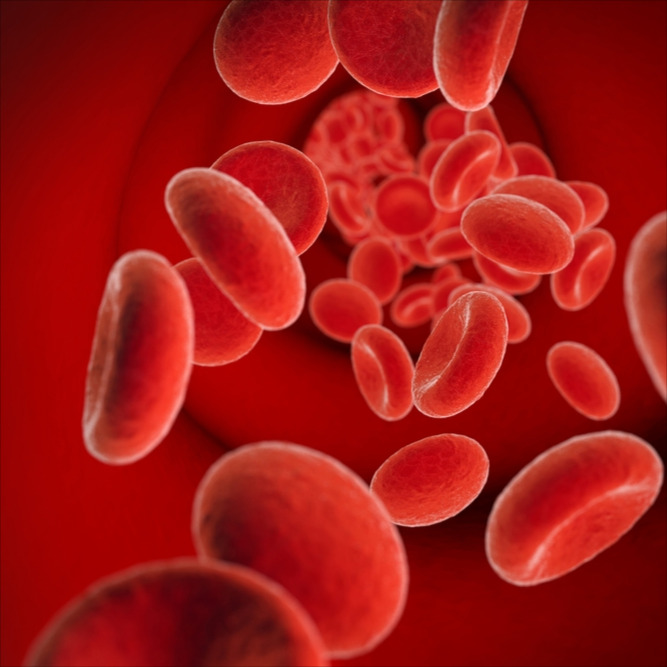
The blood must always remain alkaline
The secret of the acid-base balance: How our body always stays alkaline
In the world of health and well-being, there are many secrets that our body hides from us every day.
One of the most fascinating secrets is how our body maintains the acid-alkaline balance to ensure that our blood always remains alkaline.
This balance is crucial to our health as an imbalance can lead to various health problems.
In this post, we will unravel this mystery and show you how your body maintains this remarkable balance .
The importance of acid-base balance
Before we look at how the body maintains balance, it is important to understand why this balance is so important.
Our blood has a normal pH that is slightly alkaline , typically between 7.35 and 7.45.
This pH needs to be kept constant as even slight deviations can have serious effects on our health .
An imbalance in the direction of too acidic (acidosis) or too alkaline (alkalosis) can impair the function of our cells, organs and enzymes .
It can lead to fatigue, weakness, digestive problems and even more serious health problems such as osteoporosis, arthritis and cardiovascular disease.
How the body maintains balance
Our body is a remarkable machine that has different mechanisms to regulate the acid-base balance and keep our blood in the ideal pH range.
These mechanisms include respiration, kidney function and buffer systems.
The role of respiration
Respiration plays a decisive role in the regulation of the pH value in the blood.
Carbon dioxide (CO2), a waste product of metabolism, is acidic when dissolved in water. Breathing removes CO2 from the body, which helps to increase the pH value of the blood.
If the body is too acidic, breathing becomes deeper and faster in order to exhale more CO2. On the other hand, if the body is too alkaline, breathing slows down to keep CO2 in the body and lower the pH .
The role of the kidneys
The kidneys are another important player in maintaining the acid-base balance. They regulate the pH value, by excreting excess acids or bases in the urine.
This process is slower than respiratory regulation, but it enables a finer tuning of the pH value.
The kidneys also produce bicarbonate, an alkaline substance that helps to neutralise acids in the blood.
Buffer systems
In addition to respiration and kidney function, the body has various buffer systems that can react immediately to changes in pH . The most important buffer system is the carbonic acid-bicarbonate buffer system. This system utilises carbonic acid (H2CO3) and bicarbonate (HCO3-) to make rapid adjustments to the pH value. If the blood pH becomes too acidic, bicarbonate can neutralise acids. If the blood pH becomes too alkaline, carbonic acid can help to lower the pH to .
Nutrition and the acid-base balance
Our diet also has a significant influence on the acid-base balance. Certain foods, such as meat, cheese and cereals, produce acids, while others, such as fruit and vegetables, are alkaline .
A balanced diet rich in alkaline foods can help to support acid-alkaline balance and promote health.
Conclusion
Acid-alkaline balance is a crucial aspect of our health that our body carefully regulates.
Through respiration, kidney function, buffering systems and a healthy diet, our body works tirelessly to ensure that our blood always remains in the correct pH range.
By supporting our bodies and following a balanced diet, we can promote our wellbeing and contribute to a healthy acid-alkaline balance.
Become a member now
As a member, you will receive further information and frequencies on this topic! Log in here!

